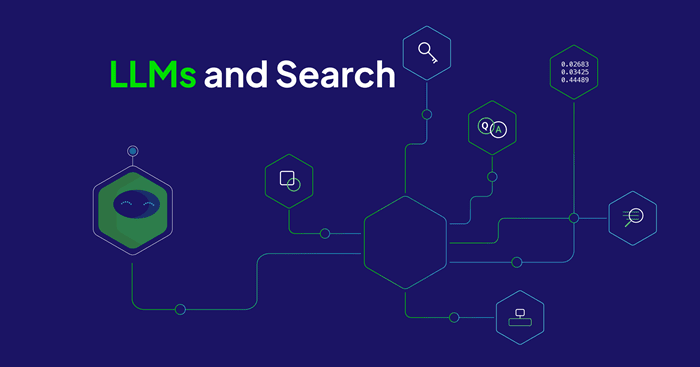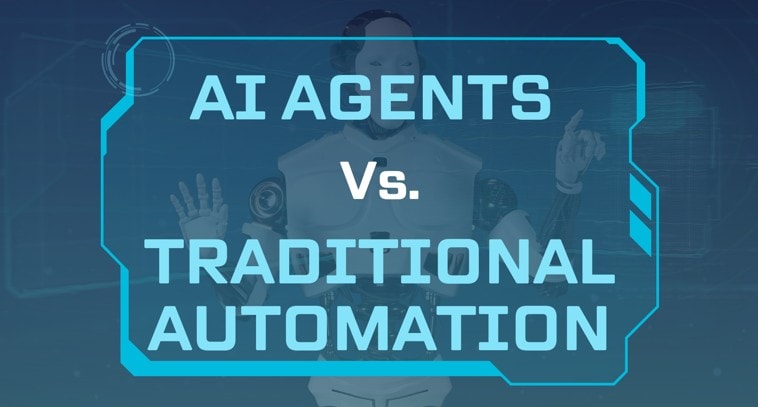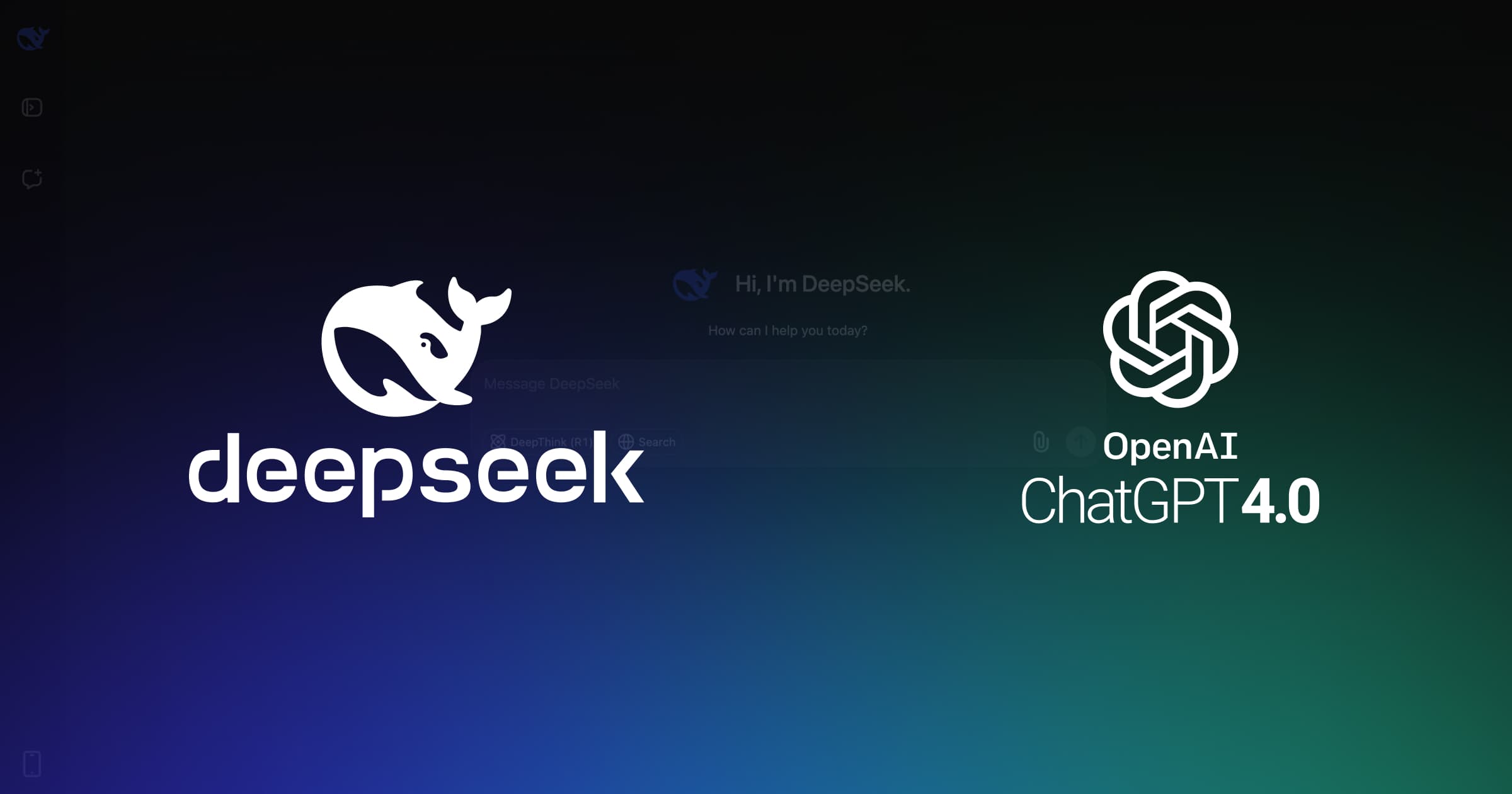AI large language models (LLMs) such as ChatGPT have made a significant impact globally, seamlessly integrating into workflows, platforms, and software to enhance efficiency and productivity. ChatGPT is now used across a wide range of applications.

What are Large Language Models (LLMs)?
Large Language Models (LLMs) are sophisticated artificial intelligence models that are trained on vast amounts of textual data to understand and generate human-like language. These models belong to the broader category of natural language processing (NLP) and are designed to comprehend and generate text in a way that resembles human language patterns.
Key characteristics of Large Language Models include:
Size: LLMs are characterized by their large number of parameters, representing the weights in the neural network architecture. Examples of large language models include OpenAI’s GPT-3 (Generative Pre-trained Transformer 3), which has 175 billion parameters.
Pre-training: LLMs are typically pre-trained on massive datasets from the internet, allowing them to learn grammar, context, and world knowledge. This pre-training phase is crucial for the models to understand the nuances of human language.
Transfer Learning: After pre-training, LLMs can be fine-tuned on specific tasks or domains, making them adaptable to various applications such as question-answering, language translation, summarization, and more.
Generative Capability: LLMs are capable of generating coherent and contextually relevant text based on the input they receive. They can be used for creative writing, content generation, and other language-related tasks.
Diverse Applications: Large Language Models find applications in a wide range of fields, including natural language understanding, content creation, chatbots, virtual assistants, and more.
While LLMs offer impressive capabilities, they also raise ethical considerations, including concerns about biases present in their training data, potential misuse, and the environmental impact of training large models. Researchers and developers are actively working on addressing these challenges to ensure responsible and ethical use of Large Language Models.
While search engines like Google and Bing have evolved to include AI chatbots in their algorithms, the question arises: do search engines and AI LLMs now fulfill the same function?
Let’s explore the comparison between AI LLMs and Search Engines:
The Revolutionary Impact of Generative AI on the Future of Marketing
Data Sources
LLMs undergo training using extensive datasets. Their reliance on the last training dataset means they may lack real-time or the most current information, particularly if they don’t access the web regularly and aren’t consistently trained on fresh datasets.
In contrast, search engines engage in continuous crawling and indexing of the web. This constant process enables them to discover the latest information on a given topic, provided the content has been indexed.
Function
AI large language models are created to produce human-like text, addressing various tasks such as answering questions, drafting content, offering suggestions, and aiding in tasks.
Initially lacking web-browsing capabilities, ChatGPT now possesses internet exploration features in version 4 or Plus. Nevertheless, certain AI LLMs generate responses based on extensive training data they have been exposed to.
In contrast, search engines are designed to index and retrieve information from the web. They present links to web pages, documents, images, videos, etc., relevant to a user’s query. Notably, the landscape is evolving with the integration of AI chatbots into search engine results and the integration of AI in search engine algorithms.
Interactions
LLMs are created to facilitate conversational interactions, capable of engaging in dynamic back-and-forth dialogues and generating contextually relevant text.
In contrast, search engines typically offer a one-way interaction. Users input a query, and the search engine furnishes pertinent links to content that may meet their information requirements, a functionality that has expanded with conversational results in platforms like Google and Bing.
Dependability and Precision
LLMs carry the potential for errors when generating answers, as inaccuracies or outdated information may arise, particularly if they lack training on recent data. Some drawbacks associated with LLMs include:
- Susceptibility to misinformation and propaganda.
- High computational costs for training and deployment.
- Limited ability to comprehend the context of web pages compared to humans.
In contrast, search engines offer direct links to sources, enabling users to verify information accuracy. However, the order and visibility of results may be influenced by diverse algorithms, SEO practices, and potential biases.
How to Use Predictive AI to Amplify Your Marketing Objectives
Output/Result
LLMs generate text responses and even imagery, with the quality and accuracy varying, though typically presented in a coherent and human-readable format.
In contrast, search engines furnish links or references to external sources, requiring users to click and read for specific answers. This paradigm has changed with innovations like Google’s SGE and the integration of OpenAI’s next-generation LLM into Bing search results.
GPT-4, trained on an extensive dataset of text and code, excels in understanding and generating human language in a more user-friendly and informative manner. Notably, the latest version of ChatGPT 4 can access and process information via Bing, ensuring up-to-date and relevant search results.
Beyond GPT-4, Bing leverages various AI technologies to enhance search results, including website ranking, spam identification, and personalized result generation. The integration of AI, particularly GPT-4, significantly contributes to Bing’s ability to offer users a more comprehensive, informative, and personalized search experience.
Can LLMs Impact the Market Share of Search Engines?
As of now, LLM models have not exerted a significant influence on search engine market share. Google remains the predominant force, maintaining a global search engine market share of over 90%, while Bing holds a distant second position with only a small percentage.
Nevertheless, the future holds promise for AI LLMs to bring about a revolution in the search engine industry. LLMs possess the capability to furnish more extensive and informative responses to search queries. Their versatility extends to generating novel and creative content, imagery, coding, and summarizing paragraphs, among other capabilities.
The progress in LLM advancements might potentially instigate a shift in market share towards search engines powered by AI LLMs. In my view, while they may not attain dominant levels of control over search engine market share, there is a likelihood that they will introduce disruptive elements.
The complete replacement of search engines by LLMs is unlikely, at least in the foreseeable future, for several reasons:
- Up-to-date information: Search engines grant access to the latest information on the web, offering real-time data. LLMs may lack this unless consistently updated or connected to the internet.
- Depth and breadth: While LLMs can swiftly provide answers for in-depth research or diverse viewpoints, search engines offer a variety of sources. Some LLMs, like PALM2 and Google Bard, do cite sources, a feature not found in OpenAI’s ChatGPT.
- Different use cases: LLMs excel in conversational AI, tutoring, content generation, coding, etc., while search engines are indispensable for research, news, and broad information discovery. The ongoing integration of LLMs into search results suggests a continuous evolution in this dynamic.
Conclusion
While AI LLMs hold the potential to transform search, their role is not anticipated to be one of complete replacement for search engines. Instead, AI LLMs are likely to play a crucial role in enhancing search engines by:
- Generating more informative and comprehensive search results.
- Personalizing search results based on individual user needs and interests.
- Identifying and filtering out spam and misinformation.
- Providing users with a more natural and conversational search experience.
The future landscape of search is expected to be a hybrid, integrating both traditional search engines and the evolving capabilities of AI LLMs. While AI LLMs will continue to gain importance in the world of search, a complete replacement of traditional search engines by them is not the likely outcome.
Would you like to read more about “Large Language Models Vs. Search Engines” related articles? If so, we invite you to take a look at our other tech topics before you leave!
Use our Internet marketing service to help you rank on the first page of SERP.








